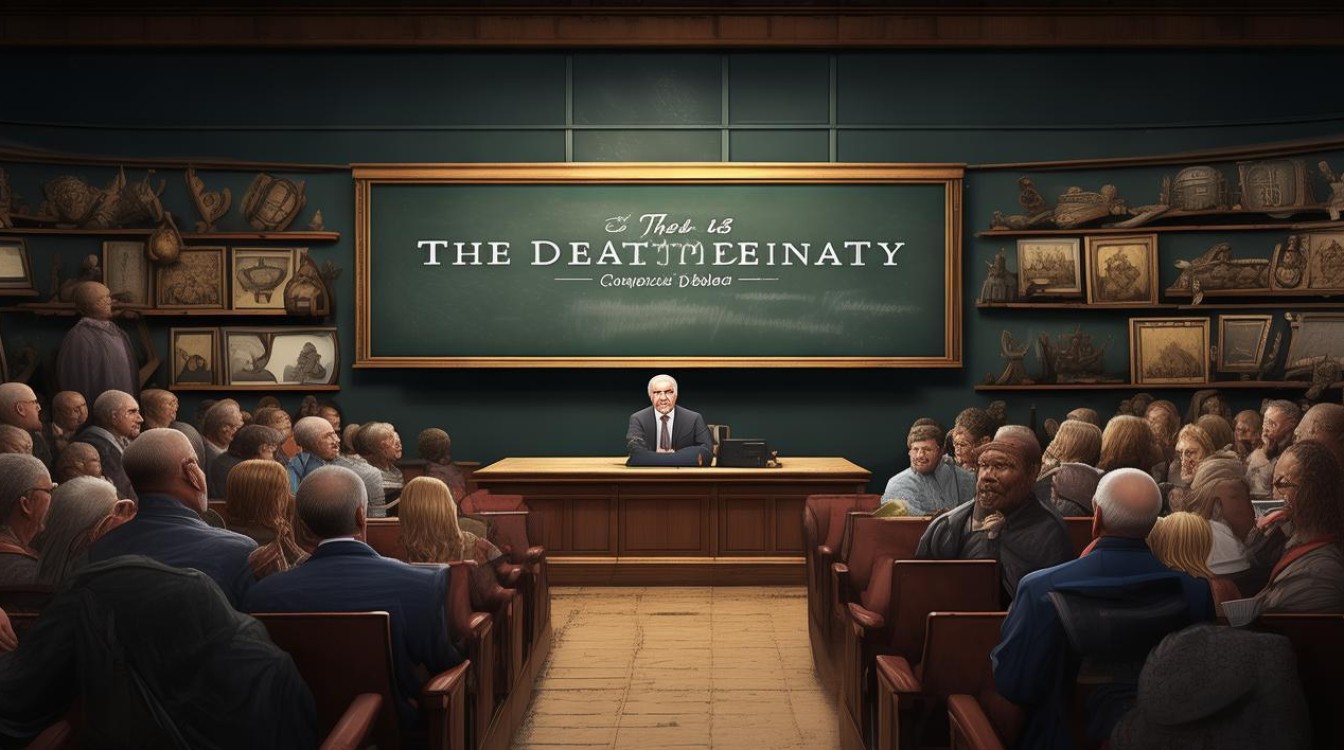The death penalty, also known as capital punishment, remains one of the most controversial topics in legal and ethical discussions. While some argue it serves as a necessary deterrent for heinous crimes, others believe it violates fundamental human rights. Understanding this issue requires examining its history, moral implications, and effectiveness in modern justice systems.

Historical Context of Capital Punishment
Capital punishment has existed for centuries, dating back to ancient civilizations. Early legal codes, such as the Code of Hammurabi, prescribed death for various offenses. In medieval Europe, executions were public spectacles meant to instill fear and reinforce authority. Over time, societies began questioning its morality, leading to abolition movements in the 18th and 19th centuries.
Today, many countries have abolished the death penalty, while others retain it for crimes like murder, treason, or terrorism. The United States, China, and several Middle Eastern nations still enforce capital punishment, though its application varies widely.
Ethical and Moral Considerations
One of the strongest arguments against the death penalty is the risk of executing innocent individuals. Legal systems are imperfect, and wrongful convictions have occurred, raising concerns about irreversible mistakes. Organizations like the Innocence Project have exonerated numerous death row inmates through DNA evidence, highlighting flaws in judicial processes.
From a human rights perspective, many believe execution is inherently cruel. International bodies such as Amnesty International argue that the death penalty violates the right to life and dignity, regardless of the crime committed. Religious and philosophical views also play a role, with some traditions condemning state-sanctioned killing.

Does the Death Penalty Deter Crime?
Proponents argue that capital punishment deters violent crime by instilling fear of severe consequences. However, studies on its effectiveness remain inconclusive. Some research suggests no significant reduction in homicide rates in states or countries with the death penalty, while others claim a marginal deterrent effect.
Opponents counter that life imprisonment without parole is equally effective in preventing repeat offenses while avoiding ethical dilemmas. Additionally, the lengthy appeals process in death penalty cases often delays executions for decades, reducing any immediate deterrent impact.
Economic and Legal Implications
Executions are costly due to extensive legal procedures, appeals, and specialized facilities. Taxpayers often bear the financial burden, with some estimates suggesting death penalty cases cost millions more than life imprisonment. Critics argue these funds could be better allocated to crime prevention, victim support, or rehabilitation programs.
Legal disparities also exist in death penalty sentencing. Racial and socioeconomic factors influence outcomes, with marginalized groups disproportionately receiving harsher sentences. This raises concerns about fairness and systemic bias within judicial systems.

Global Perspectives on Capital Punishment
International trends show a decline in executions, with over 70% of countries abolishing the death penalty in law or practice. European nations universally prohibit it, while others like India and Japan retain it but use it sparingly. The United States remains divided, with some states actively executing inmates and others imposing moratoriums.
Public opinion varies by region. In places where violent crime rates are high, support for capital punishment may be stronger. Conversely, nations with strong human rights frameworks often reject it entirely. Cultural, political, and historical contexts shape these differing viewpoints.
Alternatives to the Death Penalty
For those seeking justice without execution, alternatives include:
- Life imprisonment without parole – Ensures criminals remain incarcerated permanently.
- Restorative justice programs – Focus on rehabilitation and victim-offender reconciliation.
- Improved legal safeguards – Reducing wrongful convictions through better forensic science and legal representation.
These options aim to balance punishment with ethical considerations, offering solutions that avoid the moral dilemmas of capital punishment.

The Future of the Death Penalty
As societies evolve, attitudes toward the death penalty continue shifting. Advances in criminal justice, neuroscience, and ethics may further influence its legitimacy. Some experts predict gradual global abolition, while others believe it will persist in certain jurisdictions for extreme crimes.
Public discourse remains essential in shaping policies. Engaging in informed debates, examining evidence, and considering humanitarian principles can lead to more just and effective legal systems.
The death penalty debate is far from settled. Whether viewed as a necessary tool of justice or an outdated form of punishment, its complexities demand thoughtful analysis. By weighing ethical, legal, and practical factors, individuals can form reasoned perspectives on this enduring issue.











